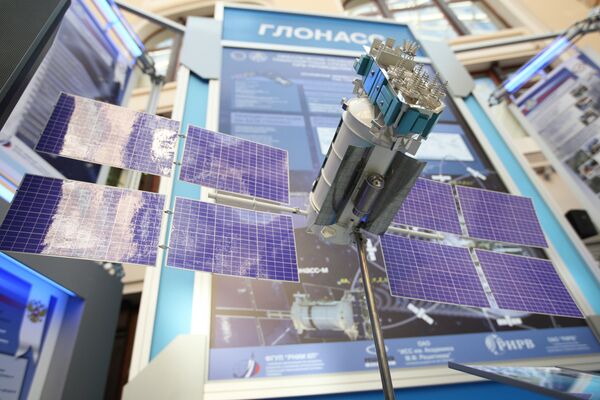Russia on Friday launched a Proton-M rocket carrying three Glonass navigation satellites from the Baikonur space center after a 24-hour delay due to technical reasons, a spokesman for the Federal Space Agency Roscosmos said.
This was first launch of a Proton-M rocket with Glonass satellites from Baikonur since the failed launch last year which destroyed three Glonass-Ms.
The launch was conducted at 16:51 Moscow time [12:51 GMT] on Friday. “The separation of the satellites is expected at 22:41 Moscow time [18:41 GMT],” the official said.
The launch was postponed for a day on Thursday after a malfunction of the switching network was detected during a check of the ground-based equipment at the launch pad.
Glonass is Russia's answer to the U.S. Global Positioning System, or GPS, and is designed for both military and civilian uses. Both systems allow users to determine their positions to within a few meters.
Russia currently has a total of 27 Glonass satellites in orbit, although only 23 of them are operational.
According to Roscosmos, two Glonass satellites are under maintenance, one is on a standby, and one recently launched satellite is being integrated into the grouping.
The complete Glonass grouping needs 24 functioning and 2-3 reserve satellites to operate with global coverage.


